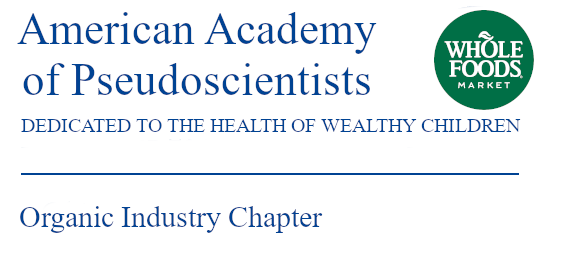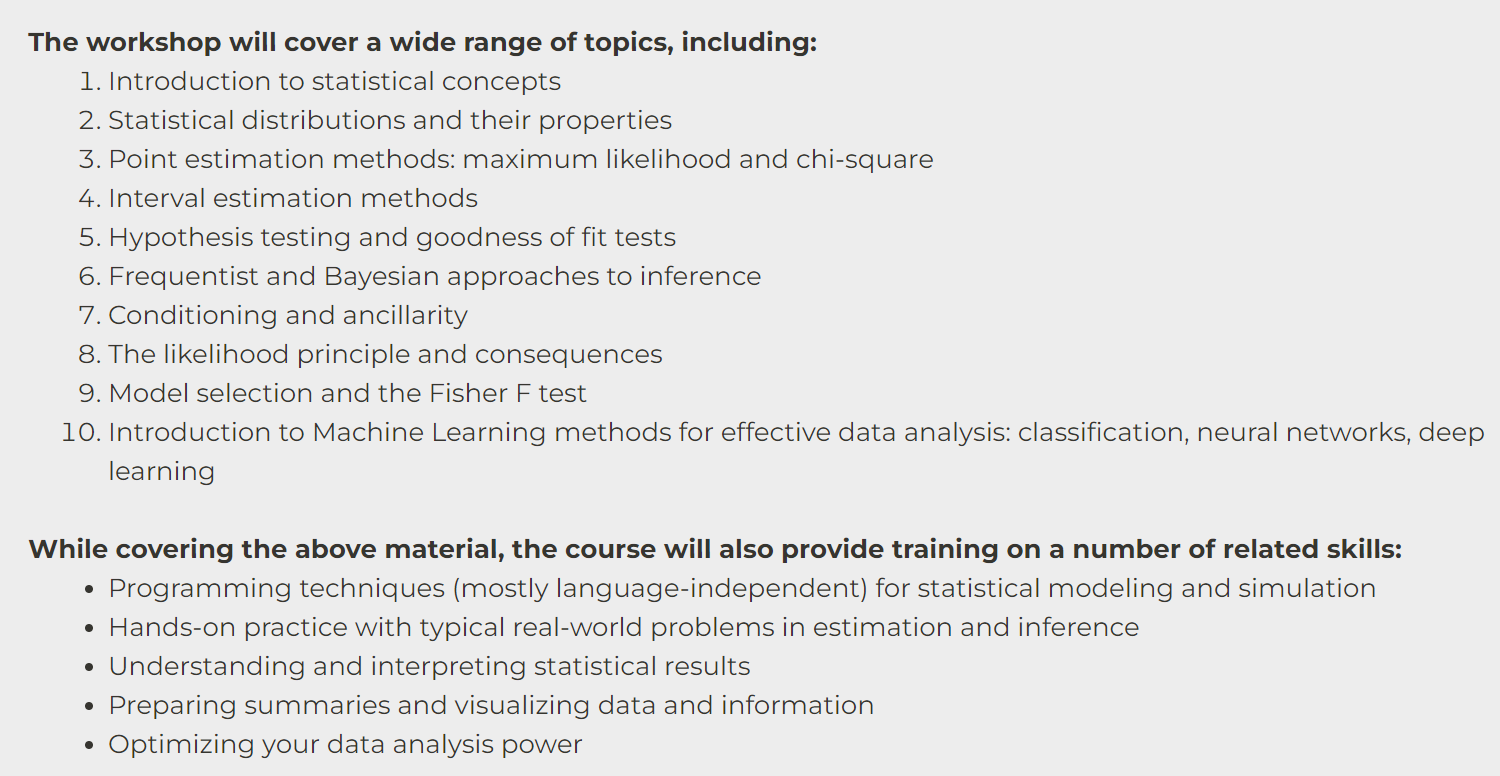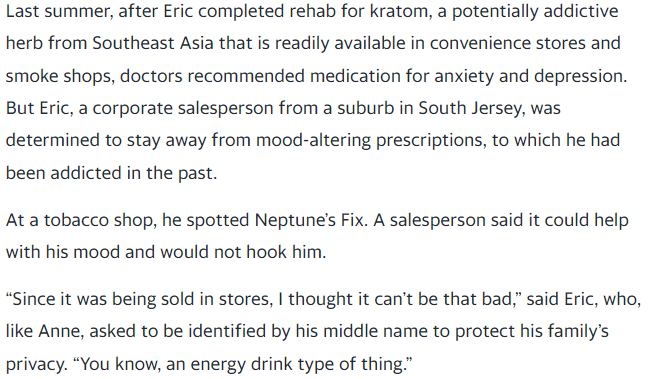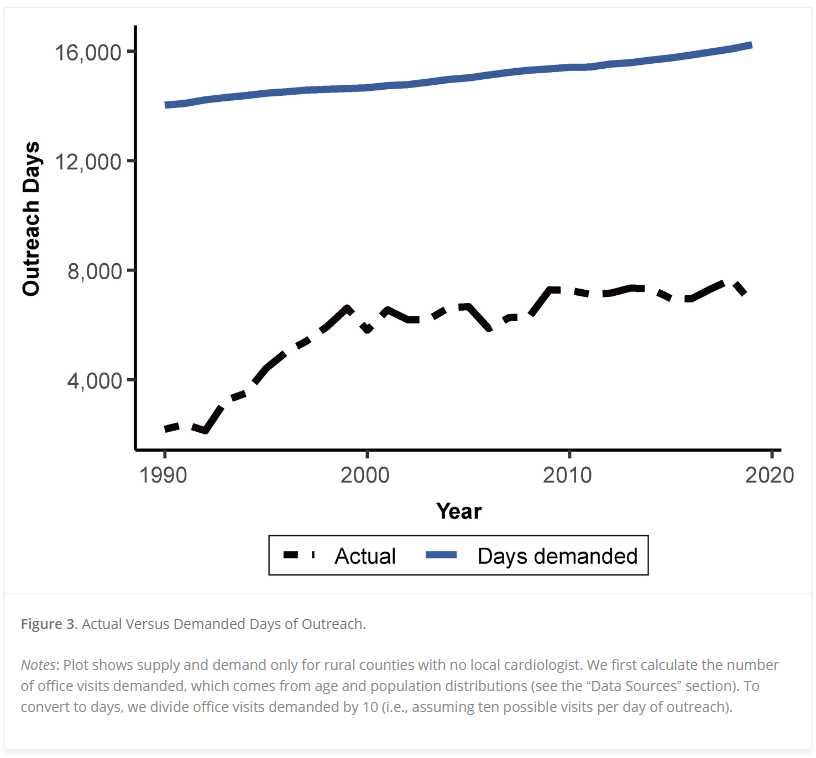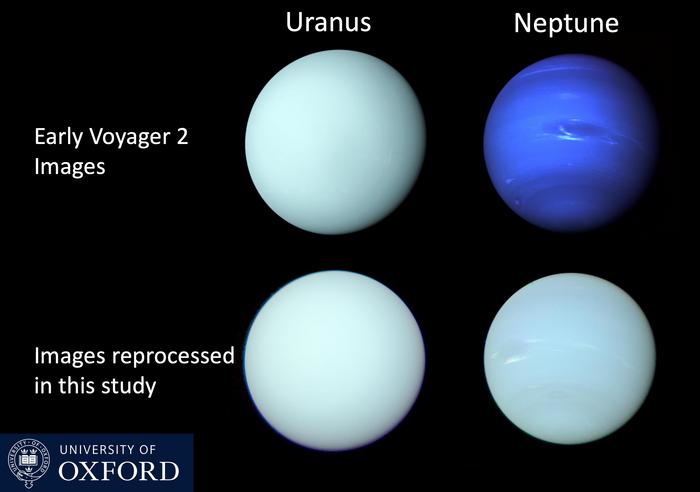Subscribe to the newsletter
[x]
Stay in touch with the scientific world!
Know Science And Want To Write?
Apply for a column: writing@science20.com
Donate or Buy SWAG
Please donate so science experts can write
for the public.
At Science 2.0, scientists are the journalists,
with no political bias or editorial control. We
can't do it alone so please make a difference.
We are a nonprofit science journalism
group operating under Section 501(c)(3)
of the Internal Revenue Code that's
educated over 300 million people.
You can help with a tax-deductible
donation today and 100 percent of your
gift will go toward our programs,
no salaries or offices.
- China Sells Western Progressives Solar Panels While Switching To Nuclear Power
- On Rating Universities
- Study: Caloric Restriction In Humans And Aging
- If You Care About Earth Day, Stop Buying Organic, Fair Trade And Other Junk Stickers On Products
- Gen Z Americans May Be Timid And Despondent About The Future But Not Gen Z Elsewhere
- Ozempic, Wegovy, and Mounjaro Have Helped The Rich Create New Healthcare Sneetch Stars
- Don't Buy Vietnamese Castor Oil Hemorrhoid Extract, Or Any Other Supplement
Interesting insights from outside Science 2.0
© 2024 Science 2.0
